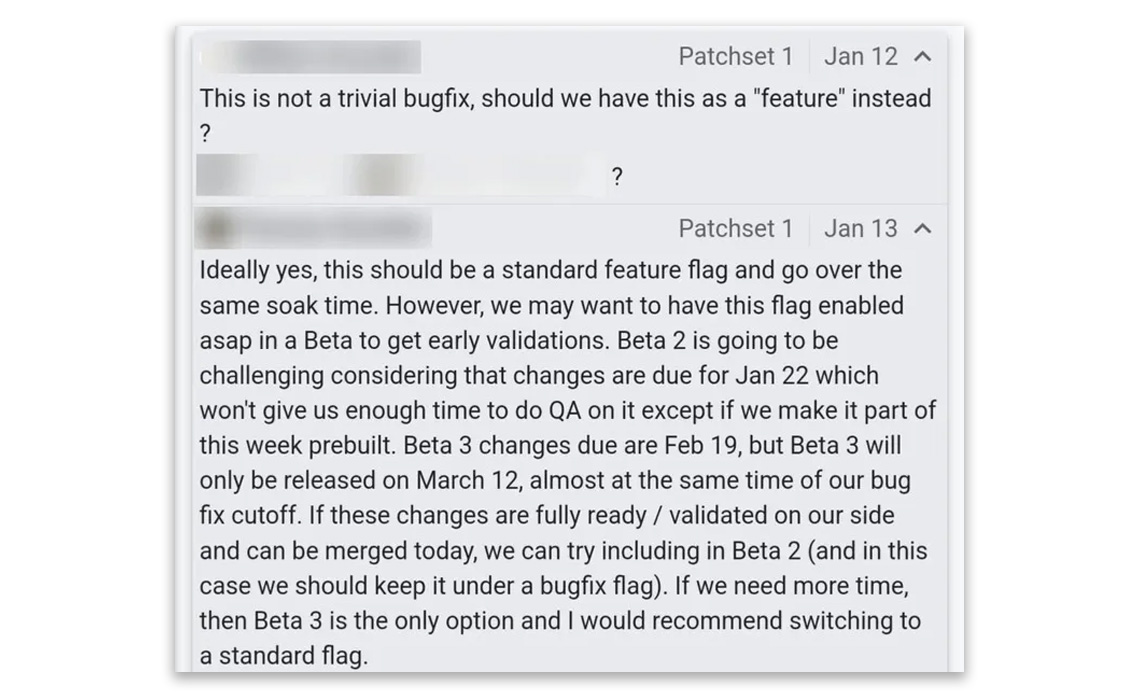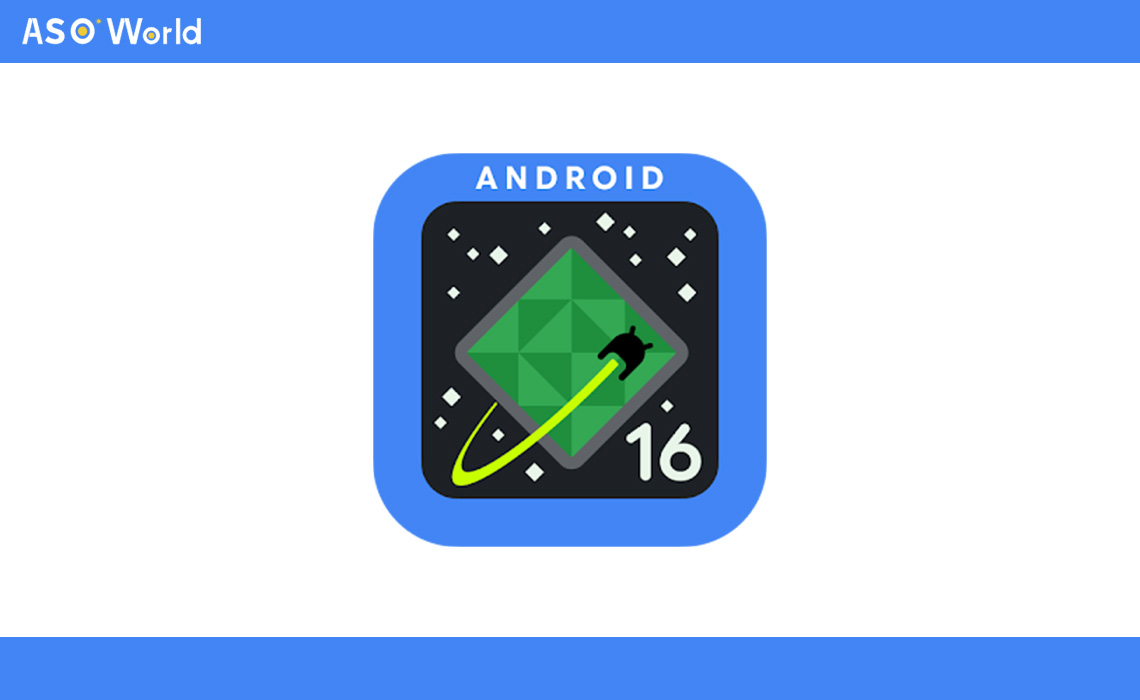The tech world is buzzing with anticipation as Android 16's first public beta is expected to roll out imminently.
Following a series of developer previews, Google is set to release the beta version of its latest operating system, potentially offering users a glimpse of new features and improvements.
Beta Release Timeline

(Image source: AssembleDebug/ Android Authority)
Recent leaks from a Googler have mentioned several dates for Android 16 Beta, and we can make some assumptions based on this information.
Google's official time schedule confirmed the first beta release will happen in January, so the first beta of Android 16 may come to us on January 22. Following the initial release, subsequent beta updates are anticipated on February 19 and March 12.
(Source: Google)
Summary:
Android 16 Beta 1 - January 22
Android 16 Beta 1 - February 19
Android 16 Beta 1 - March 12
New Features and Improvements
Developer Preview 1 & 2

>>> What to Expect from Android 16: Preview for Developers
Android 16 Beta
Privacy and Security Enhancements
Android 16 is expected to introduce several new privacy-focused features, including "private space," which allows users to secure sensitive apps within a separate profile. Enhanced security measures are also anticipated, reinforcing Google's commitment to user privacy.
Platform Stability and Final Testing
The third beta update in March is projected to reach the Platform Stability milestone, signaling that the core functionalities of Android 16 are stabilized.
This milestone will be followed by further beta releases in April and May, aimed at ironing out any remaining issues before the stable version is launched.

Editor's Comments
The anticipated release of Android 16 marks a significant shift in Google's update strategy, with the first beta expected on January 22, 2025, followed by subsequent releases on February 19 and March 12. This accelerated timeline suggests a stable release in the second quarter of 2025, potentially allowing device manufacturers to integrate the latest OS more promptly.
Among the notable features, Android 16 introduces a multitasking capability for tablets, enabling users to run up to three applications simultaneously, thereby enhancing productivity. Additionally, the integration of Wi-Fi 6 802.11az support offers improved location accuracy and security, reflecting Google's commitment to advancing user experience and privacy.
Furthermore, the introduction of "app functions" in Android 16 aims to enhance the capabilities of Google's AI assistant, Gemini, allowing it to perform specific actions within apps. This development signifies a move towards more proactive and efficient smart assistants, aligning with industry trends to integrate AI more deeply into user interactions.
Overall, Android 16's forthcoming features and expedited release schedule underscore Google's dedication to delivering timely and meaningful updates, fostering a more dynamic and secure ecosystem for its users.

